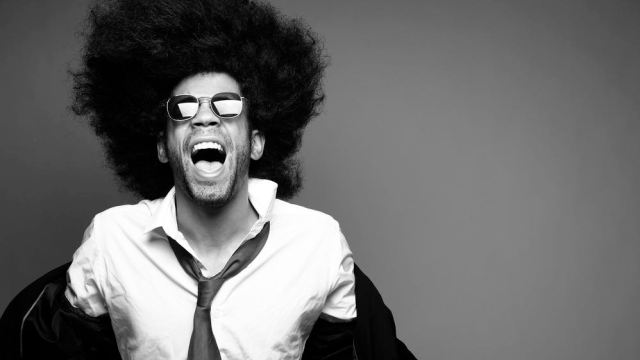Confident People Avoid Self-Assesment Before Speaking

Avoiding self-reflection can be a helpful strategy for delivering a composed and powerful speech, say researchers who examined how confident people prepare themselves to speak before an audience.
In a study to be published in the March 2015 issue of “Personality and Individual Differences,” researchers surveyed students who had given two public speeches, seeking to understand how they prepared and how anxious they were about giving the next one (required by their college course).
Students who said they were more confident about speaking in public had different preparation techniques than students who said they were anxious.
Confident students engaged in less critical self-talk (tending not to chastise themselves about poor preparation), less self-talk related to social assessment (how people had responded to their attempts at public speaking in the past), and confident students were more self-reinforcing (praising themselves for their own preparations).
Those responsible for teaching public speaking skills could use the study’s conclusions to intervene when students are clearly nervous about speaking before an audience:
“[I]nstructors can intervene in the early phases of the speech preparation process by helping these students to attend to, recognise, and adjust the frequency and nature of their self-talk.”
Perhaps nobody gives more public speeches than the clergy, addressing their communities several times each week. In his Big Think interview, Pastor Tim Keller discusses his processes of arriving at a sermon:
Read more at the British Psychological Society
Photo credit: Shutterstock





